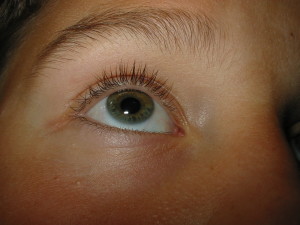
Courtesy of StockVault
The New York Times recently published an short article about people’s ability on recognize and interpret Hot Spots. Hot Spots are inconsistencies between what people say and what their non-verbals are displaying.
An example of a hot spot would be, if you ask a person how they like your dress and they say “I love it!” but they flash a micorexpression of disgust, this would be a hot spot. What they said and what their body said are inconsistent with each other.
Many layman, outside of government agencies, especially poker players refer to hot spots as “tells”. In a University of Chicago study on body language and lying, subjects were asked several general questions while being videotaped. They were concurrently told off camera to lie or tell the truth when answering.
The videos, although entertaining do not necessarily depict true Hot Spots. According to microexpression expert Dr. David Matsumoto, if you just have an individual tell a truth or lie without any high-stakes (gaining or losing something significant) involved, they will not elicit the same behavior as they naturally would if put in a high-stakes situation where they really wanted to conceal their true feelings.
Its important to understand that hot spots are not a definitive sign that someone is lying, but often times are circumstances where there is an underlying or hidden message (i.e. more to the story than is being told). If you see a hot spot, you should ask more questions, or find out why that individual has hidden feelings about that particular topic.
To watch the videos and see for yourself, take a look at the entire article.
What are your thoughts on Determining Veracity from Deception?

